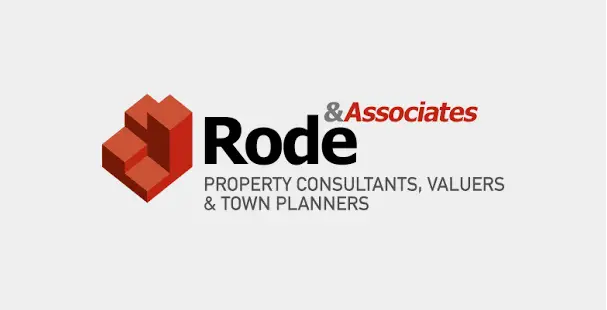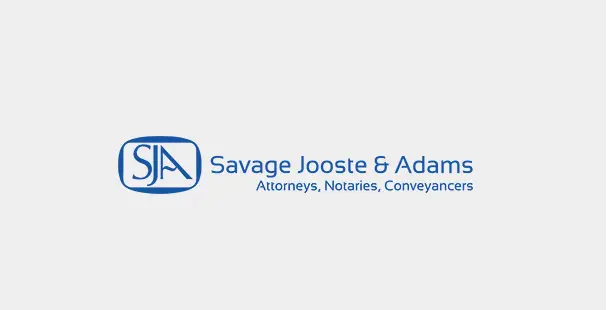When it comes to buying a home, most people don’t have the cash upfront to make such a large purchase. This is where mortgages come in – they allow you to borrow money from a lender to purchase a property, and then pay back that loan over time with interest. But how do mortgages work, and what do you need to know before taking one out?
What is a Mortgage? A mortgage is a loan specifically designed for the purpose of purchasing a property. Mortgages are typically offered by banks, credit unions, and other financial institutions. The loan is secured by the property being purchased, meaning that if the borrower fails to make their mortgage payments, the lender can foreclose on the property and sell it to recoup their losses.
How Does a Mortgage Work? When you take out a mortgage, you are essentially borrowing money to purchase a home. The amount you can borrow depends on a variety of factors, including your income, credit score, and the value of the property you want to buy. The lender will typically require you to make a down payment on the property, which is a percentage of the purchase price. The rest of the purchase price is covered by the mortgage.
Mortgages are typically paid back over a period of 15 to 30 years, with the amount you pay each month being divided between principal (the amount you borrowed) and interest (the cost of borrowing the money). Over time, as you make your mortgage payments, you will gradually pay down the principal, and the amount of interest you pay each month will decrease.
Types of Mortgages There are several different types of mortgages available, each with its own advantages and disadvantages. Here are some of the most common types of mortgages:
- Fixed-Rate Mortgages: With a fixed-rate mortgage, the interest rate is set at the time you take out the loan and remains the same for the entire term of the loan. This means that your monthly payments will remain the same, making it easier to budget for your mortgage payments.
- Adjustable-Rate Mortgages (ARMs): With an adjustable-rate mortgage, the interest rate is fixed for a certain period of time (typically 3-10 years) and then adjusts periodically based on market conditions. This means that your monthly payments could go up or down depending on how interest rates are behaving.
- Government-Backed Mortgages: These include loans from the Federal Housing Administration (FHA) and the Department of Veterans Affairs (VA). These loans typically have lower down payment requirements and more lenient credit score requirements.
- Jumbo Mortgages: Jumbo mortgages are for homes that exceed the conforming loan limits set by Fannie Mae and Freddie Mac. These loans typically have higher interest rates and stricter underwriting requirements.
Closing Costs and Fees When you take out a mortgage, you will be responsible for paying various closing costs and fees. These can include things like appraisal fees, title search fees, and loan origination fees. It’s important to factor these costs into your budget when determining how much you can afford to borrow.
Final Thoughts A mortgage is a major financial commitment, and it’s important to understand the basics before taking one out. Make sure you shop around for the best mortgage rates and terms, and work with a reputable lender who can guide you through the process. With careful planning and a little bit of research, you can find the mortgage that’s right for you and your new home.




















